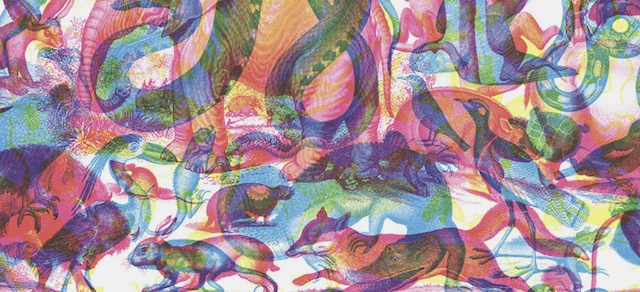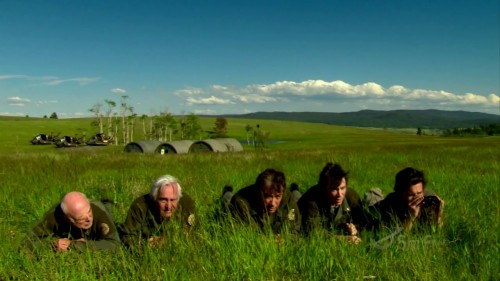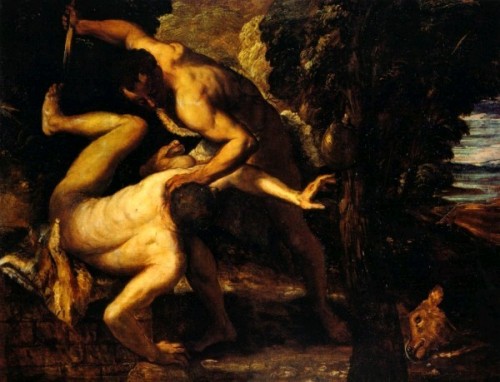
For those interested in human folly and hard truths, look no further than John Gray, a political philosopher whose work On Progress and Other Modern Myths (The Silence of the Animals) debunks many of our species’ self-flattering stories about where we came from and where we’re going. An agnostic himself, Gray realizes the decline of Christianity won’t issue in quite the same unproblematic post-religious paradise that some of his contemporaries might think:
For humanists, denying that humanity can live without myths can only be a type of pessimism. They take for granted that if human beings came to be more like the rational figments they have in mind, the result would be an improvement… Rational or not, life without myth is like life without art or sex – insipid and inhuman. The actuality, with all its horrors, is preferable. Luckily a choice need not be made, since the life of reason that humanists anticipate is only a fantasy.
If there is a choice it is between myths. In comparison with the Genesis myth, the modern myth in which humanity is marching to a better future is mere superstition. As the Genesis story teaches, knowledge cannot save us from ourselves. If we know more than before, it only means that we have greater scope to enact our fantasies [and an expanded toolbox for self-justification – editorial]. But – as the Genesis myth also teaches – there is no way we can rid ourselves of what we know. If we try to regain a state of innocence, the result can only be a worse madness. The [rather, a] message of Genesis is that in the most vital areas of human life there can be no progress, only an unending struggle with our own nature.
A bit bleak on the last line there, but at least as a matter of human agency, he’s probably right. I think of Cain’s offering to God a sacrifice as a way to gain divine favor, in a sense regain a state of innocence, and look where it got him. Our myths of progress lead us to perpetrate horrible crimes on things which countermand our self-improvement narratives: whether Jacobin purges, Salem witch-hunts, or a brother (Abel) who’s just edging you out in the religious game. Genesis does offer hope, of course (more here), but that hope can be difficult to find. It consists in the acknowledgment of our defeats, the acknowledgment of impassible vices – which Gray helps us toward – and ultimately in sacrifice. R.S. Thomas, a poet, this imagines hope in the Cain and Abel story. Cain asks God the question of why he preferred Abel’s sacrifice:
And God said: It was part of myself
He gave me. The lamb was torn
From my own side. The limp head,
The slow fall of sad tears – they
Were like a mirror to me in which I beheld
My reflection. I anointed myself
In readiness for the journey
For the doomed tree you were to work upon.
As Gray said, it’s a choice between myth and myth, though we believe the latter ‘myth’ – the one of Thomas’s poem – to be true. On the one hand, humanity advances morally, politically, and philosophically; on the other, our careful and unceasing work upon the tree, first used as symbol of man’s project to attain divinity (Eden), second as the natural result of the death of God (Golgotha), and third as the supernatural reward, through Christ, for us sinners (“tree of life”, Rev 22). “The path up and the path down are one and the same”, as Herodotus said. For Freud, as Gray says, “it is the hope of a life without conflict that ails us.” Acknowledging this conflict and our own work upon the doomed tree is something we can’t make much progress on, unfortunately, but Gray, unlike humanists agnostic and human, nudges us in that direction.

COMMENTS
Leave a Reply














